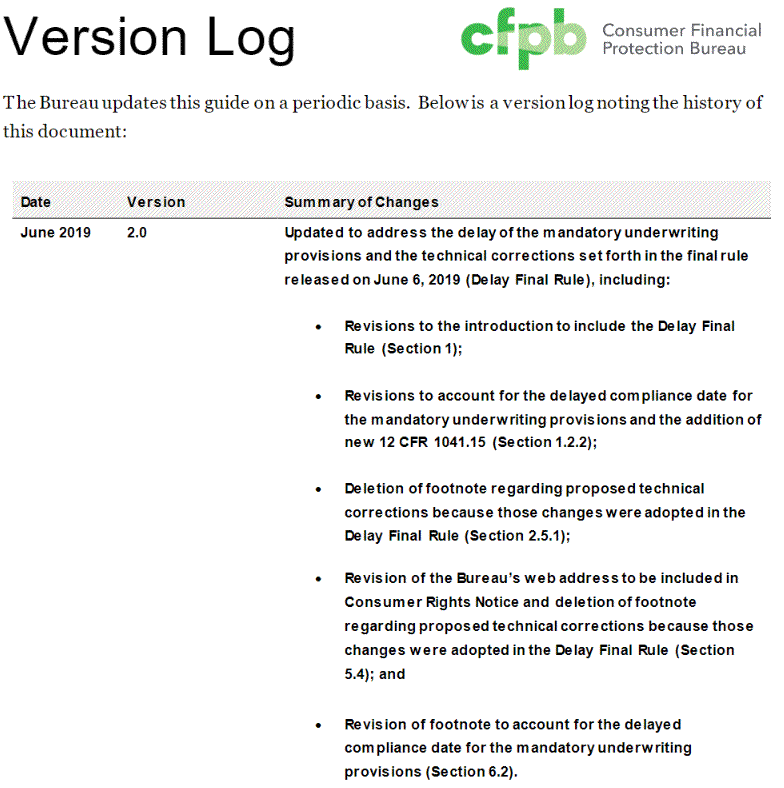The proposed rule by the Consumer Financial Protection Bureau (CFPB) to prohibit financial institutions from charging nonsufficient funds (NSF) fees on instantaneously declined transactions presents specific challenges for subprime consumer lenders and their customers.
[Here’s a link to CFPB]
Let’s delve into these challenges by breaking down the rule’s implications and focusing on its difficulties for those dealing with subprime, credit-challenged consumers.
Impact on Subprime Consumer Lenders
Increased Operational Costs
Subprime lenders, who often operate on thin margins due to the higher risk associated with their customer base, might face increased operational costs. Implementing the technology and processes needed to comply with the new rule could be costly, particularly for smaller lenders who may not have the resources of larger institutions.
Adapting to Regulation:
This regulatory change requires lenders to reassess their fee structures and revenue models.
Since NSF fees represent a source of income that compensates for the risk lenders take on, finding alternative revenue sources without disadvantaging consumers or violating other regulations could be challenging.
Technology and Compliance Pressure:
Keeping up with the technological requirements to ensure transactions are instantaneously processed and accurately reported will place additional pressure on lenders.
This is particularly problematic for lenders who rely on older systems or who may not have the infrastructure to support real-time transaction analysis.
Impact on Subprime Consumers
Access to Credit:
If subprime lenders find the new regulations too burdensome or costly, they may tighten their lending criteria further or increase the cost of credit to offset the loss of fee revenue.
This could make it more difficult for subprime consumers, already facing limited access to credit, to secure loans.
Unintended Consequences:
While the rule aims to protect consumers from unexpected fees, it might lead to unintended consequences.
Lenders could introduce new fees or increase existing charges elsewhere to compensate for the lost revenue from NSF fees.
Subprime consumers, who are more sensitive to fee increases and additional costs, could end up paying more overall.
Consumer Education and Awareness
The rule’s focus on instant transaction declines also highlights the importance of consumer education.
Subprime consumers need to understand how their transactions are processed and the potential for new types of fees or changes in lending practices.
Without proper education and transparency, consumers may not fully benefit from the protections the rule intends to provide.
Conclusion
The CFPB’s proposed rule to stop banks and lenders from charging NSF fees on instantly declined transactions presents notable challenges for subprime lenders and their customers.
While aiming to protect consumers from unfair fees, the rule could inadvertently tighten credit access for subprime consumers and increase operational burdens on lenders.
These challenges underscore the need for a careful balance between consumer protection and the operational realities of providing credit to high-risk consumer segments.
Stakeholders, including subprime lenders, should engage actively in the rulemaking process to ensure that the rule’s implementation considers the unique needs and challenges of the subprime lending market and its consumers.
4-WAYS I CAN HELP YOU!
Grab a copy of our “bible:” Learn More
Brainstorm: Learn More
The Business of Lending: Learn More
Free Bi-Monthly Newsletter: Learn More
Sponsored
Lenders, do you want to learn more about collaborating with a Native American Indian tribe?







